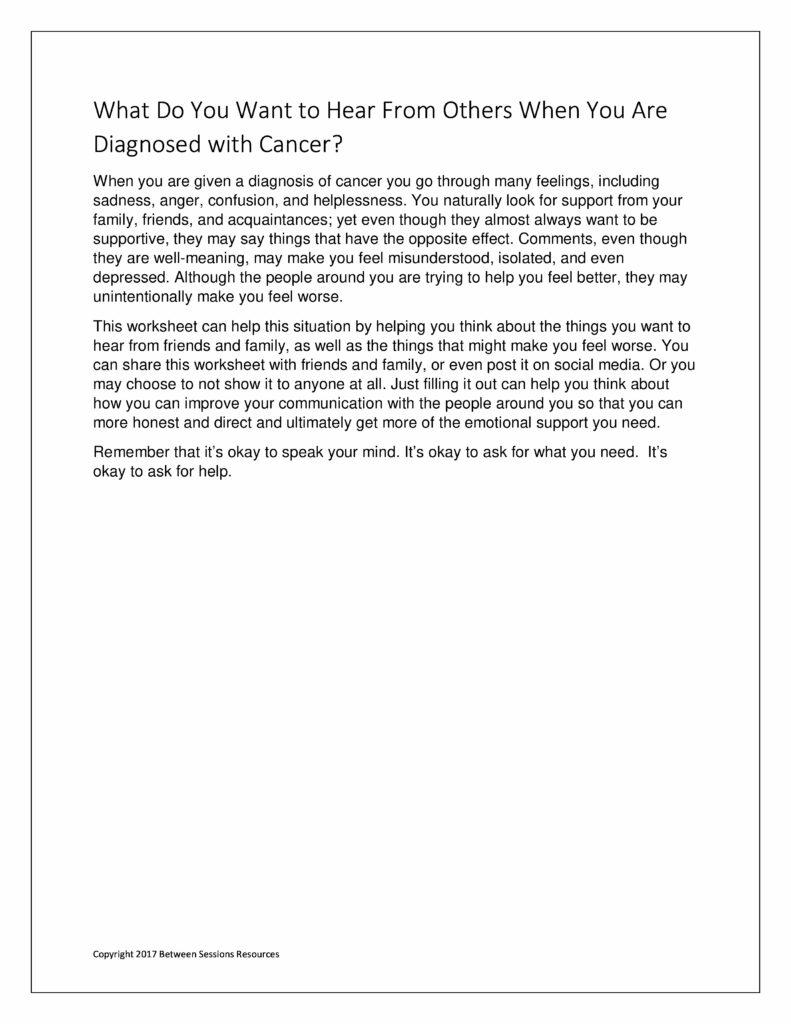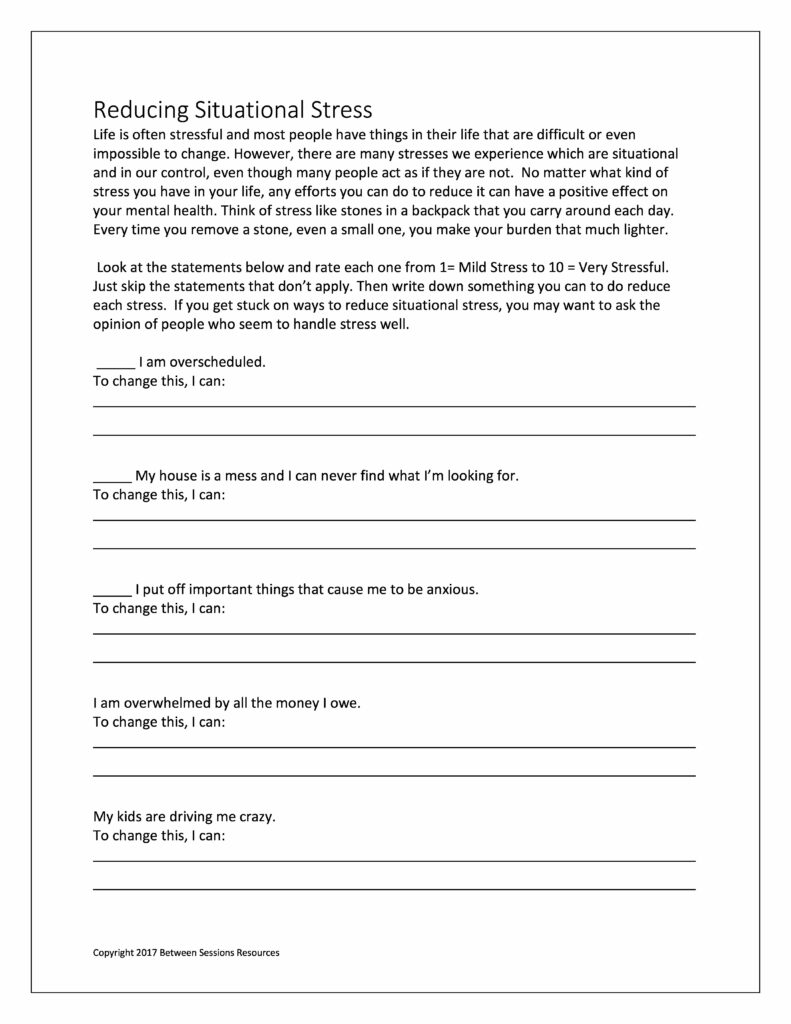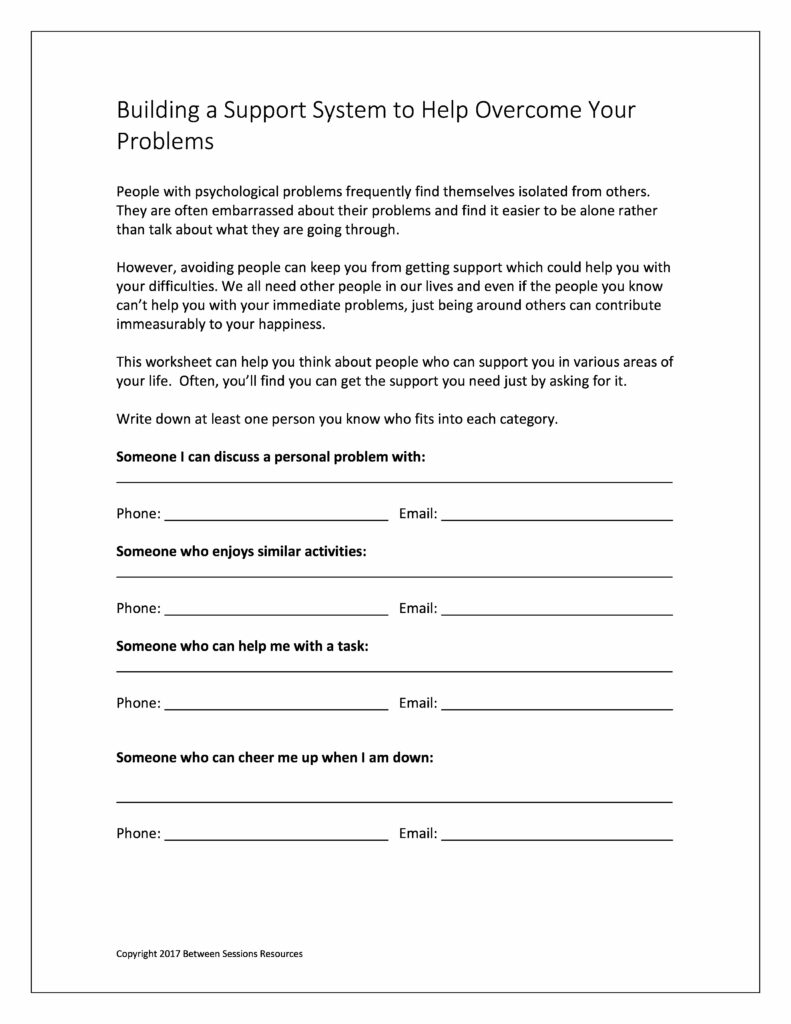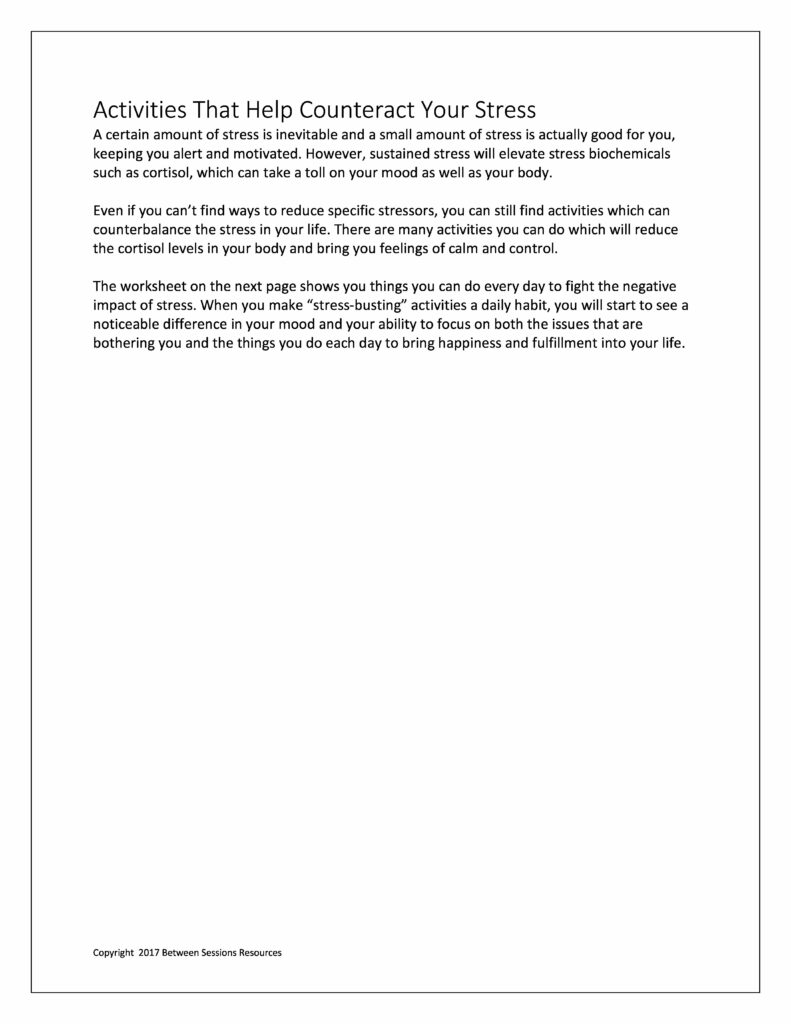Our coaching forms cover a wide variety of issues in the areas of self-growth, life skills, and wellness.
To modify the tools, click the ‘Send to Client’ button by each tool to open our Psychology Forms Filler. You can edit the tool as you see fit and then either print it out or send it to a client to be filled out online. Click here for a tutorial on using the Psychology Forms Filler.
Use the navigation links on the left of this page to view tools in a specific category. Or use the search function at the top of this page to find the exact tool you are looking for.
If you can’t find what you are looking for on this site, please let us know by
clicking here and our team of writers, graphic artists, and therapists will custom-design it for you.
This worksheet is intended to help people think about the character traits they value and wish to develop. (insight, character development, 1017)
This worksheet is designed to help people understand that seeking constant reassurance for the things that they worry about only serves to make them worry more. It asks people to identify the people they turn to for reassurance and ask them not to participate in this cycle of worrying and anxiety. (GAD, anxiety, worry, 1017)
For many people who have cancer, keeping an anxiety diary is a good solution to deal with the inevitable
worries that accompany this diagnosis. This worksheet prompts people to write down their worries whenever they have them. (medical issues, cancer, 1117)
Avoiding worries typically just makes things worse. Instead, new therapies suggest that people embrace their worries and try to think about for an extended period of time. This worksheet provides a variety of ways that people can humorously focus on their worries rather than avoiding them. (GAD, worry, anxiety disorders, desensitization, 0917)
This worksheet is designed to help people diagnosed with cancer think about how they can improve their communication with those who care about them. The worksheet asks people to think about the supportive words they wish others would say as well as the things people might say that unintentionally makes them feel worse. (communication, recovery, cancer, 0916)
This worksheet is designed to help people think about what they have accomplished in their lives and what they hope to accomplish in the future. It uses the metaphor of a museum and asks people to draw or write nine accomplishments they would put in their museum. (0917, values clarification, identity)
This worksheet is designed to help people identify their situational stress and determine how specific stresses can be reduced. (0817)
This worksheet is designed to help people build a support system to not only address an immediate problem, but to enhance the quality of their lives.
This worksheet is designed to help people identify daily activities which can help reduce the effects of chronic stress.
This worksheet is designed to help people identify the “safety crutches” they use to avoid the things that make them anxious or contribute to other psychological problems. The worksheet details 13 common ways that people avoid facing their problems and asks user to identify their own safety crutches. A recording sheet asks people to pay attention to their safety crutches for one week and determine whether or not they really help their problems. (anxiety disorders, GAD, 0817)










